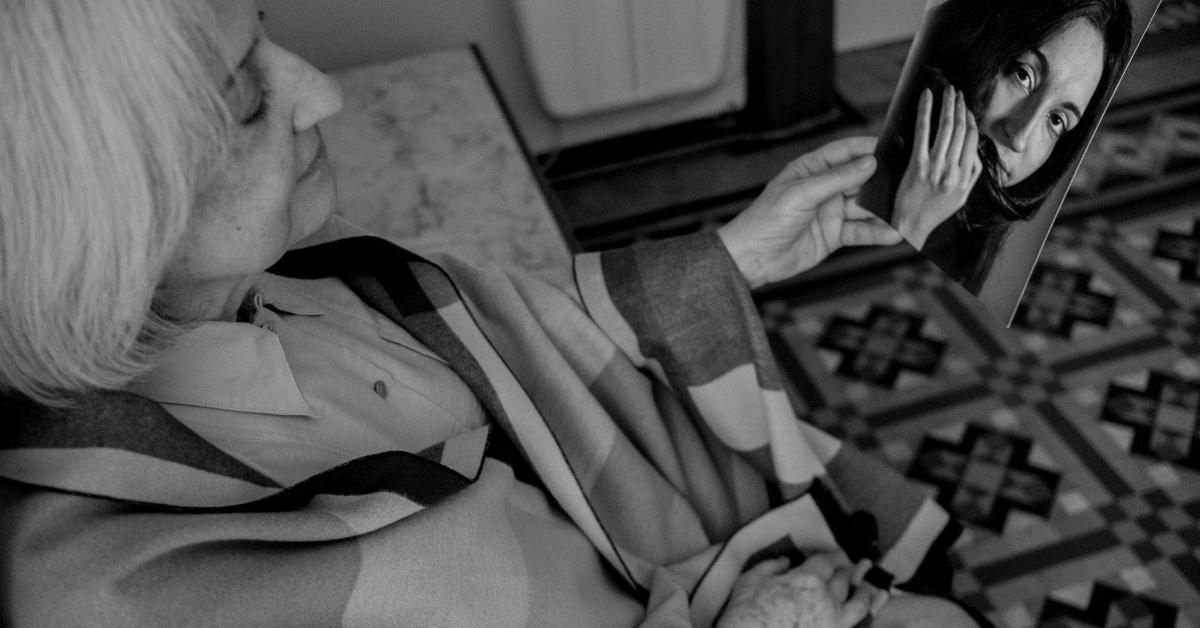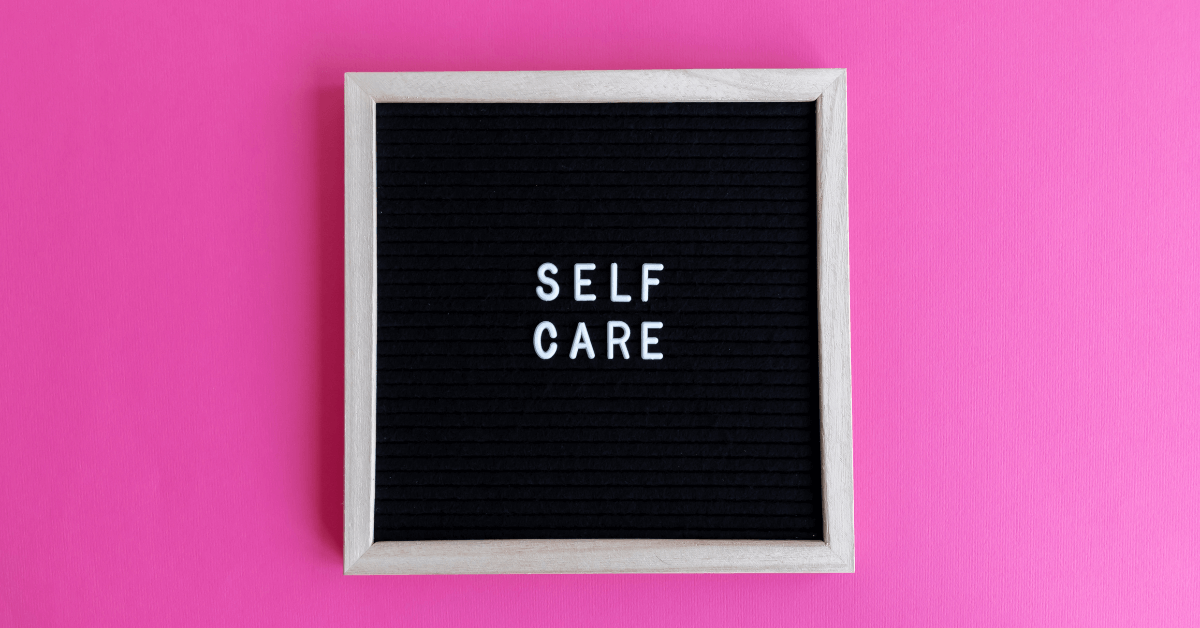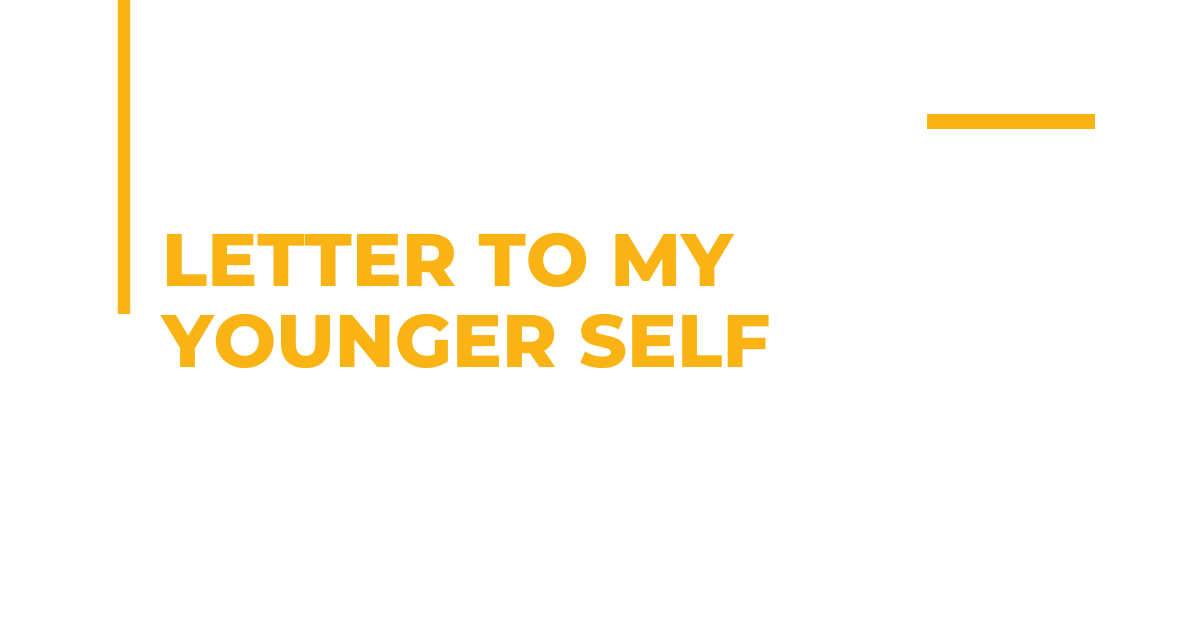Writing a letter to your younger self is a powerful and introspective exercise that involves crafting a heartfelt message addressed to the person you were in the past. The purpose of a “letter to my younger self” is to offer advice, share insights gained through life experiences, and provide encouragement to navigate the challenges that lie ahead. It serves as a reflective journey, imparting wisdom to the younger version of oneself.
Embarking on this journey of self-reflection, our upcoming article will guide you through the art of composing letters to your younger self. We understand that this process can be both therapeutic and enlightening. Therefore, in the following sections, we will generously share templates, examples, and samples of such letters. Our goal is to provide you with a diverse range of resources, making it effortless for you to express your thoughts and offer valuable guidance to your past self.
As we delve into the world of personal retrospection, be prepared to uncover a wealth of inspiration and practical advice. The article is not just about crafting letters; it’s about connecting with your past, embracing growth, and creating a bridge between the person you were and the person you’ve become. So, let’s embark on this poignant journey of self-discovery and heartfelt communication through letters to our younger selves.

Sample of Letter to My Younger Self
Dear Younger Me,
As I pen down these words, I am filled with a mix of nostalgia, gratitude, and a desire to share some insights that time has bestowed upon me. Life’s journey is an unpredictable adventure, and as you stand at the beginning of this winding road, there are a few things I want you to know.
Firstly, embrace change. It’s the only constant in life. The twists and turns may seem daunting, but each presents an opportunity to grow. Don’t fear the unknown; rather, see it as a canvas waiting for your unique brushstrokes. Challenges will come, but so will your strength to overcome them.
Secondly, cherish relationships. In the hustle of life, it’s easy to overlook the importance of the people around you. Take the time to nurture connections, be it family or friends. These bonds will be your pillars of support during stormy days, and the shared joys will make the sunny ones even brighter.
Lastly, believe in yourself. You possess a reservoir of untapped potential. Don’t underestimate your abilities. Dream big, work hard, and never let the fear of failure deter you. Mistakes are stepping stones to success, and every stumble is a lesson in disguise.
As you navigate the tapestry of time, remember, you are resilient, you are capable, and you are destined for greatness.
Sincerely,
[Your Name]
How to Write a Letter to My Younger Self
1. Embarking on the Journey
Life is an unpredictable odyssey, and writing a letter to your younger self is akin to embarking on a reflective pilgrimage. Begin by delving into the recesses of your past, extracting lessons, and preparing to impart the wisdom gained along the way.
2. Choosing the Right Tone
Your younger self deserves a letter that resonates. Select a tone that balances empathy and guidance. Whether it’s a comforting embrace or a firm nudge, the words should echo the essence of your experiences without overwhelming.
3. Crafting Authentic Narratives
The power of your letter lies in authenticity. Share personal anecdotes, triumphs, and tribulations. Unveil the layers of your journey with candor, allowing your younger self to connect with the genuine fabric of your life.
4. Nurturing Reflections
Reflection is the cornerstone of this endeavor. Encourage your younger self to reflect on pivotal moments, decisions, and the emotions that accompanied them. This introspection is the compass guiding them toward personal growth.
5. Embracing Vulnerability
Vulnerability is a testament to strength. Don’t shy away from sharing your vulnerabilities and acknowledging the mistakes made. It’s through these cracks that the light of resilience and growth permeates.
6. Weaving Insights into Action
The insights shared should be more than mere words. Guide your younger self in transforming these lessons into actionable steps. Empower them to make informed choices and navigate the complexities of life.
7. Closing with Affirmation
Conclude your letter by affirming the incredible journey that awaits. Express confidence in their ability to overcome challenges, embrace opportunities, and evolve into the remarkable individual they are destined to become.
As you embark on this epistolary expedition, remember that your words are not just ink on paper; they are a beacon illuminating the path for your younger self.
FAQs about a Letter to My Younger Self
In the realm of self-reflection and personal growth, writing a letter to one’s younger self has become a poignant and popular exercise. Many individuals embark on this journey to impart wisdom, share experiences, and offer guidance to their past selves. In the following FAQs, I’ll address common inquiries about this introspective practice.

1. Why write a letter to my younger self?
I believe crafting a letter to your younger self serves as a therapeutic and insightful exercise. It allows you to reflect on your past, acknowledge growth, and provide guidance to your younger, less-experienced self.
2. How do I choose what to include in the letter?
In my opinion, focus on pivotal life moments, lessons learned, and personal growth. Share experiences authentically, emphasizing what shaped you and offering valuable insights that your younger self can benefit from.
3. Is there a specific format or structure to follow?
While there’s no rigid format, organizing your thoughts chronologically or thematically can enhance clarity. Begin with a warm introduction, delve into anecdotes, share lessons, and conclude with empowering affirmations.
4. Should I be vulnerable in my letter?
Absolutely. Vulnerability fosters connection. Share your challenges, setbacks, and how you overcame them. It creates a genuine and relatable narrative that can resonate deeply with your younger self.
5. How do I turn insights into actionable advice?
Translate your insights into practical steps. Offer your younger self tangible advice on navigating challenges, making decisions, and embracing opportunities. Transform wisdom into a roadmap for personal growth.
Remember, writing a letter to your younger self is a personal and subjective journey. It’s a conversation with the past that holds the potential to illuminate the path toward a more informed and empowered future.
RELATED:
